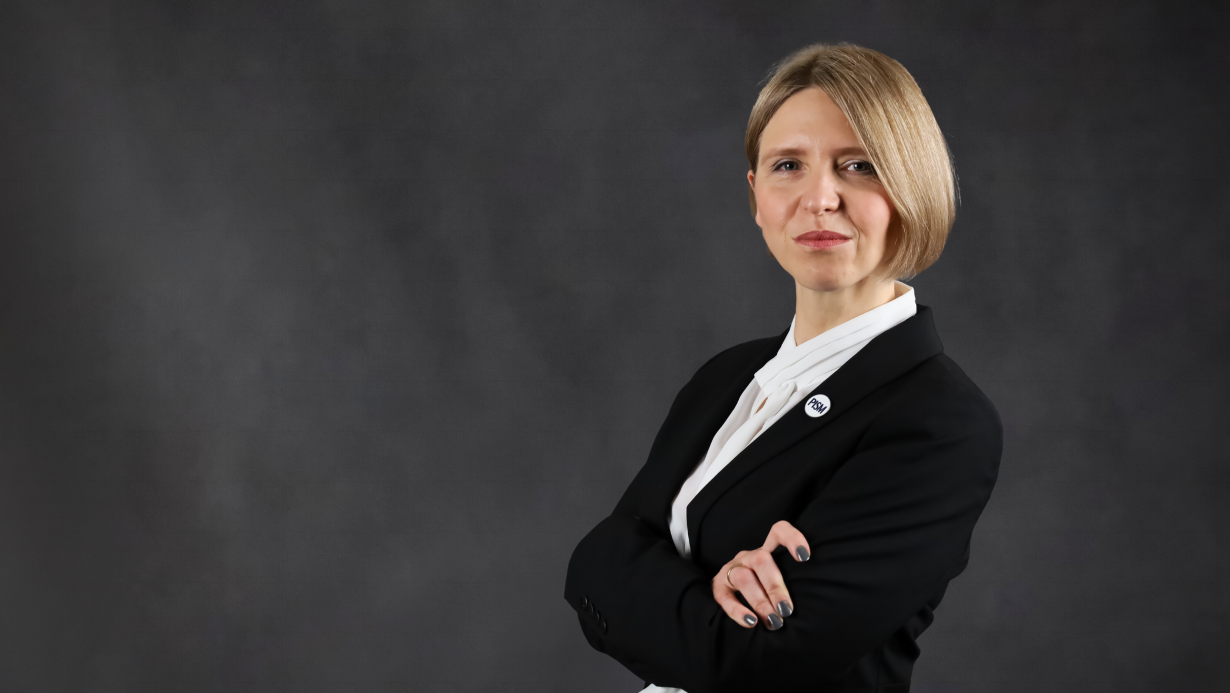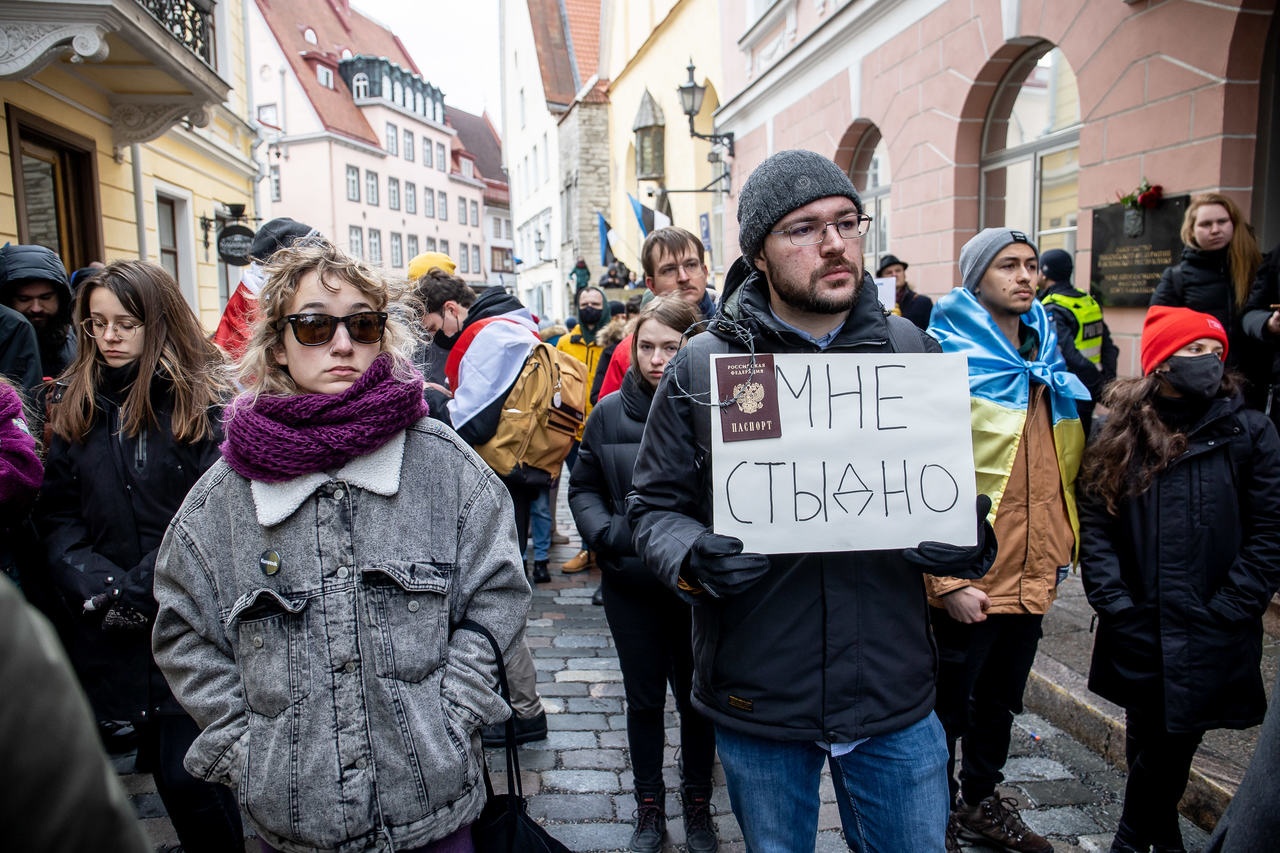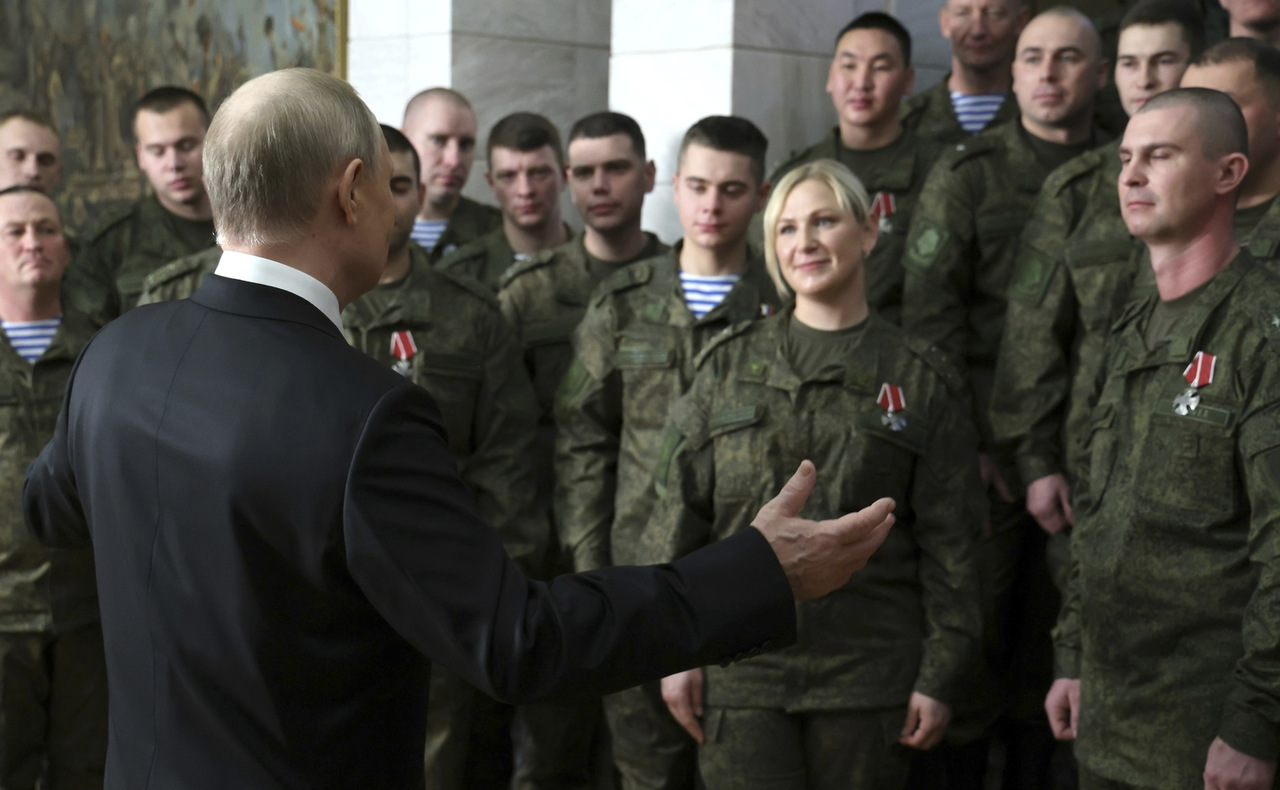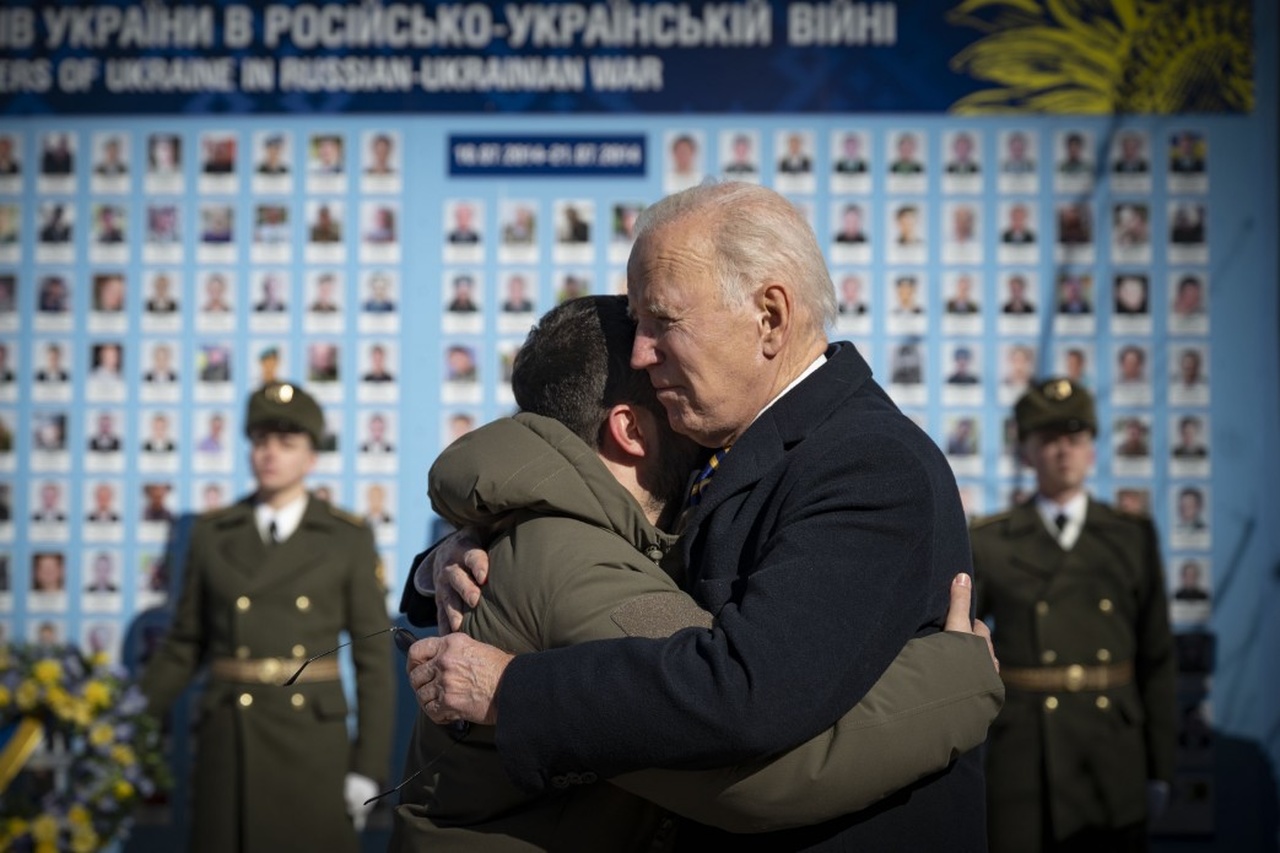Putin's Address - a Year of War in a Besieged Fortress
On 21 February, Vladimir Putin delivered an address to the Federal Assembly (the joint chamber of the Russian parliament). He repeated his accusations against NATO and the U.S. that they are responsible for the war in Ukraine. His speech was mainly aimed at an internal audience, as he was trying to set them up for a prolonged struggle for Russian victory in Ukraine and to discourage ordinary Russians from dealing with the West.
%20(1).png) SPUTNIK / Reuters / Forum
SPUTNIK / Reuters / Forum
What was the context of Putin’s speech?
Putin delivered the nearly two-hour address just before the anniversary on 24 February of Russia’s full-scale invasion of Ukraine and a day after U.S. President Joe Biden’s unannounced visit to Kyiv. After a year of war, Russia has failed to achieve its strategic goals of subjugating the Ukrainian state and has seen its territorial gains limited to the four illegally annexed regions (Donetsk, Zaporizhzhia, Kherson, and Luhansk). The Russian military has suffered a number of defeats on the frontline (according to the Ukrainian side, about 140,000 Russian soldiers have been killed), but the regime does not act as if it is defeated. The uncertainty of the public reaction related to the partial mobilisation announced last September prompted Putin to cancel last year’s address, despite it being a constitutional requirement According to the Levada Centre, 47% of citizens felt disturbed about the situation at the time. The Russian authorities pacified citizens reluctant to go to war (around 20,000 were detained, according to human rights media project OWD INFO), more than 700,000 Russians left, and the rest (over 70%, according to the Levada Centre) support the war. Putin felt he had control of the situation now, and the power elite complied, so the address took place.
What was the speech about?
Putin’s speech was divided into two parts, with one accusing Western countries of violations and a second aimed at mobilising Russians. In the speech, the president repeated much of the previous information manipulation directed towards the U.S. and NATO, arguing that the West was responsible for causing the war in Ukraine and Russia was trying to end it. Putin made no reference to Biden’s visit to Kyiv. Instead, he repeated the false claims that genocide had taken place in the Donbas and that on the territory of what is today Ukraine, the West had been fomenting anti-Russia sentiment since the 19th century (and here he specifically mentioned Poland, which did not exist on the map at the time). He announced the suspension of Russia’s participation in the Treaty on the Reduction of Offensive Strategic Weapons (the New Start Treaty), implying that Putin wants to pressure the U.S. to stop supporting Ukraine by threatening the prospect of a nuclear arms race. The rest of the address was about reforming the army, improving the country’s infrastructure, education, support for large families, creating a special fund for families of soldiers who have been killed and other veterans of the “special military operation”.
Who was the speech addressed to and what was its purpose?
Putin directed his words primarily to the Russian public. By accusing the West, Putin is trying to reinforce Russians’ sense of insecurity and the “besieged fortress” syndrome (cornered by external enemies). The war is portrayed in Russian pro-government media as a confrontation between Russia and NATO and the United States. At the same time, the president directed his words at ordinary citizens, mocking rich Russians holding assets (large bank accounts, yachts, villas) in the West, which has now frozen their assets. In this way, Putin was trying to discourage Russians (especially the young) from dealing with the EU and the U.S. At the same time, he is striking at the interests of the oligarchs who, in his view, should be working for Russia’s prosperity at home. Such demands are part of the further disciplining of the Russian elite, as well as Putin’s populist pre-election campaign slogans. The date for the presidential election is 2024.
What does the content of the address say about Putin’s position and the fate of the war?
Putin has so far succeeded in maintaining the loyalty of the power elite. This is due to the conviction among some of them that victory in Ukraine is still possible (or at least the possibility of ending the war on Russia’s terms) and the lack of an alternative to the current president’s leadership and fear of the consequences of opposing the leader. The speech implies that Russians should set their sights on a prolonged war in Ukraine, which Putin says must end in victory because Russia is “destined to be strong”. The army was presented as a place for social advancement and personal development. Given the impoverishment of Russian society (20 million people below the poverty line, based on figures for early 2022), the military is a way to make money. Although Russia’s GDP contracted relatively little last year (2.1%), even with the deteriorating state finances due to Western sanctions, among other factors, Russia will not lose its ability to finance the war effort this year.





